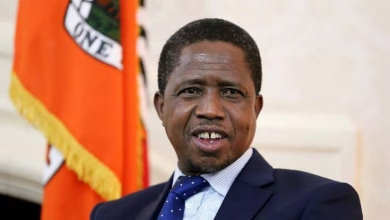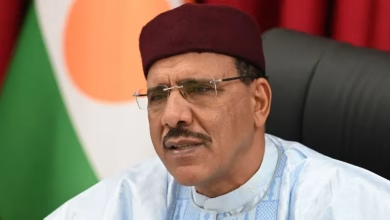“Nigerian Unions Call Off Strike to Negotiate Minimum Wage with Government”

- Nigerian unions suspend strike for one week.
- Strike caused widespread disruptions, including grid shutdown and flight cancellations.
- Unions demand higher minimum wage than government's proposed 60,000 naira.
- Strike pressures President to reconsider petrol subsidy decision.
Nigeria’s main labor unions, the Nigerian Labor Congress (NLC) and the Trade Union Congress (TUC), have suspended their indefinite strike for one week to continue negotiations with the government over a new minimum wage.
The strike, which began on Monday, saw the national grid shut down and flights disrupted across the country, causing widespread disruptions to daily life and economic activities.
The unions are demanding a higher minimum wage due to reforms implemented by the government, which have caused inflation to spike and worsened the cost of living crisis in the country.
The government had proposed a monthly minimum wage of 60,000 naira ($41.38), but the unions are pushing for a higher amount, citing the increasing cost of living and the need for a living wage.
After meeting with the government on Monday, the unions decided to suspend the strike for one week to continue negotiations and give the government time to come up with a new proposal.
TUC president Festus Osifo said the government has been given a one-week “grace” period to come up with an agreeable minimum wage, and warned that the strike could resume if the government fails to meet their demands.
The strike has put pressure on President Bola Tinubu to reverse his decision to scrap a popular petrol subsidy that had kept fuel prices low but was costly on government finances.
The Nigeria Union of Petroleum and Natural Gas Workers (NUPENG) has held off from recalling workers from offshore rigs pending the outcome of talks between the government and labour, a move that could significantly escalate the strike.
NUPENG represents workers across the oil and gas sectors, including upstream oil platform workers, fuel tanker drivers, and pump attendants, and its decision on the strike is closely watched by oil markets.
Nigeria, Africa’s largest oil producer, relies on oil and gas for around 90% of foreign exchange earnings and about half of its budget, making the strike a significant escalation of the unions’ dispute with the government and a potential threat to the country’s economic stability.






